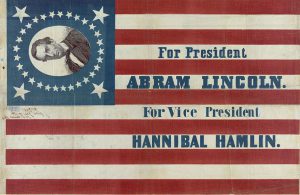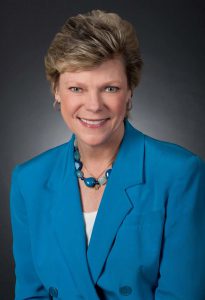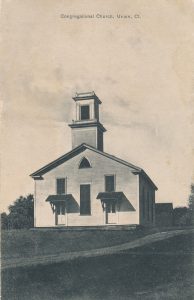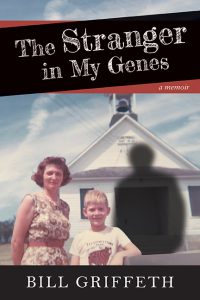 Sixteen forty-one was the first year after the end of the Great Migration. Between 1620 and 1640, an estimated 80,000 people left England because of the religious and political chaos there. About 20,000 each went to one of four places: New England, Ireland, the West Indies, and the Netherlands.
Sixteen forty-one was the first year after the end of the Great Migration. Between 1620 and 1640, an estimated 80,000 people left England because of the religious and political chaos there. About 20,000 each went to one of four places: New England, Ireland, the West Indies, and the Netherlands.
The political situation in Old England came to a critical point in 1640 when King Charles I, who had disbanded the Puritan-led Parliament in 1629, now needed the body to authorize money for his continuing religion-based wars in Scotland, Ireland, and on the Continent. Continue reading The Depression of 1641







